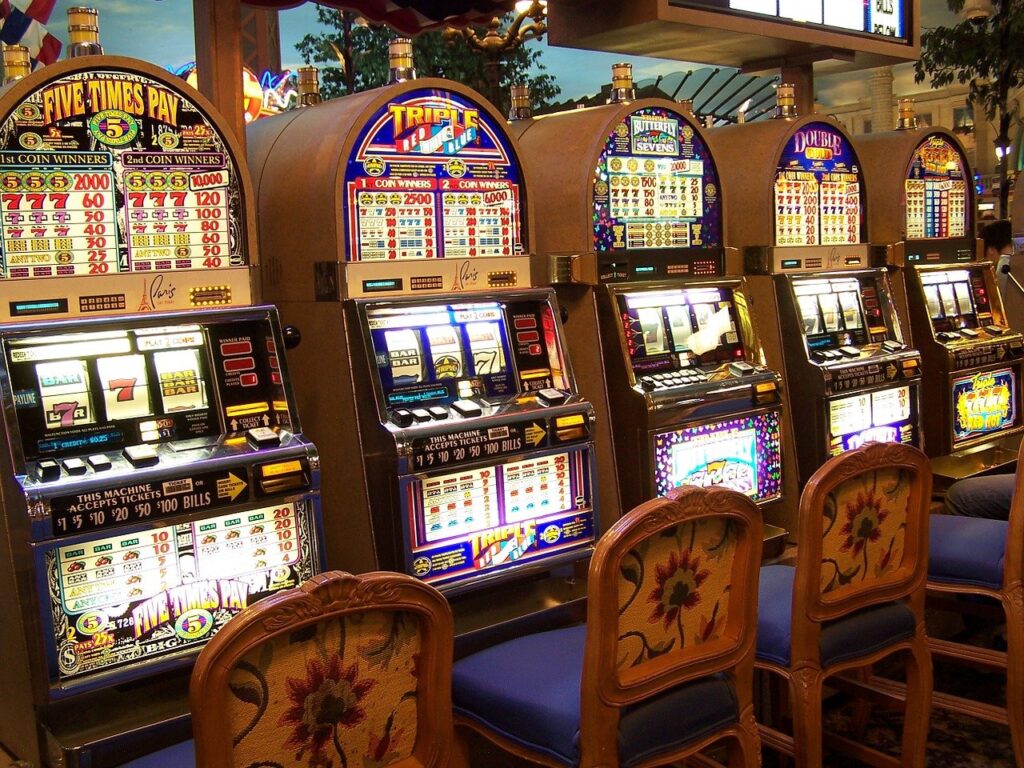
Such attraction of casino-related activities has mesmerized millions around the world for decades. From the spinning roulette wheel to the melody of shuffling deck of cards, the rush of fortune and talent intertwines to create an exciting atmosphere that pulls players in. These entertainments are not just hobbies; they have evolved into an essential part of the cultural industry, transforming into a global phenomenon that spans opulent resorts, colorful digital gambling spaces, and various other options.
As the desire for unique and interesting adventures keeps to increase, the tales behind the success of gaming experiences reveal a captivating landscape. Entrepreneurs and creators are always stretching the limits of imagination and originality, leading to the rise of novel games and immersive technologies. Investigating these narratives offers us understanding into what it takes to create a gambling business and the enthusiasm that drives those behind the scenes.
The Development of Gambling Games
Gambling games have a robust past that goes back centuries, with their beginnings often linked with historic rituals and communal events. The earliest types of betting can be linked back to ancient China, where games involving dice were played, and even to the Roman Empire who enjoyed betting on multiple events. Over time, these rudimentary forms of entertainment evolved into better organized forms, resulting in the creation of games like baccarat and roulette in the 17th century. These early gambling games laid the foundation for the field we witness today.
As society evolved, so did the complexity and diversity of casino games. The 19th century marked a significant milestone with the founding of official gambling establishments in locations like Monte Carlo and Las Vegas. This era saw the introduction of well-known games such as poker and blackjack, which captured the imaginations of participants around the world. The rise of these games was fueled by advancements in game development and the creation of betting regulations that rendered the industry more organized and appealing to the public.
The technological revolution in the final 20th and early 21st centuries transformed the landscape of casino games yet again. The advent of the internet led to virtual casinos, enabling users to experience their preferred games from the convenience of their homes. This change not only expanded the reach of casino games but also introduced new formats like live dealer games and mobile gaming apps. Today, the casino game empire continues to develop, with cutting-edge technologies such as virtual reality and blockchain promising reshape the coming years of betting.
Effective Game Development Techniques
The basis of a successful casino game empire lies in the design of entertaining and innovative games that engage players. A successful strategy involves comprehensive market research to grasp existing trends and player preferences. By reviewing user feedback and observing successful titles, developers can recognize what connects with players and what features are in need. Incorporating unique themes, varied game mechanics, and visually appealing graphics are essential to differentiate in a cutthroat landscape.
Partnership is another key element of effective game development. Uniting talented designers, programmers, and mathematicians ensures that games are not only visually impressive but also fair in terms of gameplay. Encouraging open communication among team members promotes creativity and results in cutting-edge concepts. Moreover, interacting with players during the beta testing phase enables developers to gather valuable insights that can refine gameplay elements before the official launch.
Lastly, effective marketing strategies cannot be overlooked in building a successful casino game empire. Developing a compelling narrative around the game and utilizing social media platforms to create buzz can dramatically impact player acquisition. Offering promotions, loyalty rewards, and engaging in community events can further enhance player retention. By blending strong development practices with smart marketing, game developers can create an enthralling experience that keeps players revisiting for further. https://789p.so/
A Outlook of Gambling Play
The scene of gambling play is evolving swiftly, driven by advancements in technology and changing consumer tastes. Digital and mobile play is prepared to dominate the sector as more players seek ease and availability. Virtual reality and augmented reality are also entering into the casino experience, providing immersive environments that elevate classic gaming to a different standard. As players crave more participatory and engaging interactions, casinos will need to change and innovate to keep their customers interested.
Additionally, the incorporation of AI intelligence and data analytics will play a major role in shaping the future of casino games. Casinos will leverage information to analyze player behavior, personalize interactions, and enhance customer service. Personalization will become essential, as players will demand plays that adapt to their preferences and play styles. As the gaming industry makes use of these insights, the development of new play formats and features will probably arise, keeping the gambling experience fresh and thrilling for all.
Moreover, the trend towards responsible gaming is becoming increasingly significant. As regulators and players focus more on gambler well-being, casinos will need to implement measures that encourage safe gaming practices. This could include features that allow players to set limits on their expenses and playtime, as well as better resources for those who may be struggling with gaming issues. By prioritizing responsible gaming, casinos can build trust with their customers and ensure a sustainable future in the challenging environment of casino play.
